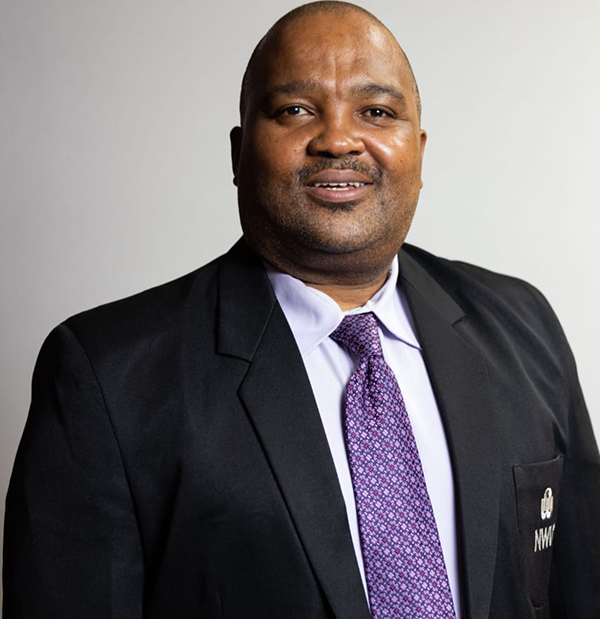The IRB Rugby World Cup (RWC) kicks off on Friday, 8 September when the host nation, France, takes on three-time champions New Zealand, as these sides clash in Stade de France, Saint-Denis. As always, the world will be watching. The previous tournament – which South Africa won – was held in Japan in 2019 and was the most-watched rugby event in the history of the game, with more than 857 million people tuning in from around the globe.
Rugby has enjoyed a massive surge of popularity – as has numerous other sports codes – but is Africa reaping the rewards of these global sports events? According to Prof Bismark Tyobeka, principal and vice-chancellor of the North-West University (NWU), sport is the ideal window to showcase a country’s potential and to aid in partnership building, but these windows need to be opened.
For that to happen, governments’ investment in the development of sport in their respective countries, as well as private sector partnerships that can aid in this, is crucial.
“Africa cannot be left by the wayside when it comes to representation on the global sports stage. As developing countries, we need to use every possible opportunity to enhance our global footprint and to show the world our potential. Sport plays an integral role in achieving this. Every tournament in every sports code where an African team is present means that country is taking a step forward on the global stage. It means that connections that were not previously there are being built. It means our countries are introduced to new markets, tourists see new, exotic locations that more often than not provide favourable exchange rates,” says Prof Tyobeka.
“Look at our national rugby captain, Siya Kolisi, who not only became a national hero, but a global sports icon after he lifted the William Webb Ellis trophy at the conclusion of the 2019 Rugby World Cup. It is almost impossible to place a value on what that meant for our country, and what it still means. The number of commercialisation opportunities generated by these events and the subsequent job creation opportunities are of paramount importance, because we need to utilise every tool at our disposal if we want to uplift our economies. Injecting our sports codes with the financial and intellectual capital to succeed can only lead to sustainable solutions to pressing problems. Cricket is the second biggest sport in the world, with more than two billion supporters, but so far only South Africa on the continent of Africa has qualified for the ICC Cricket World Cup that will be held in India in October. That is a window closed to a continent bereft of global exposure,” explains Prof Tyobeka.
According to him, numerous sports codes such as hockey, tennis and others are suffering the same fate.
“I want to implore our African leaders and decision-makers to commit not only to buying in to the idea of sport as a global marketing tool for our continent that will enhance the prosperity of our people, but to exploring every opportunity the richness of these sports codes has to offer. And let us promise to keep sport in safe, trusted hands so that we may one day look back and not remember a time when we did not feature on the global stage.”

Prof Bismark Tyobeka
